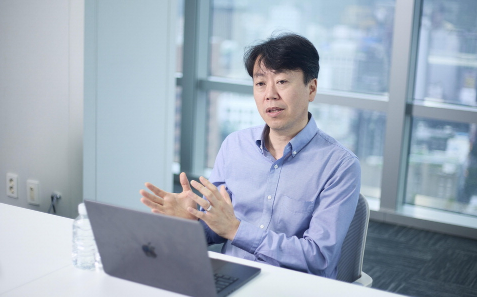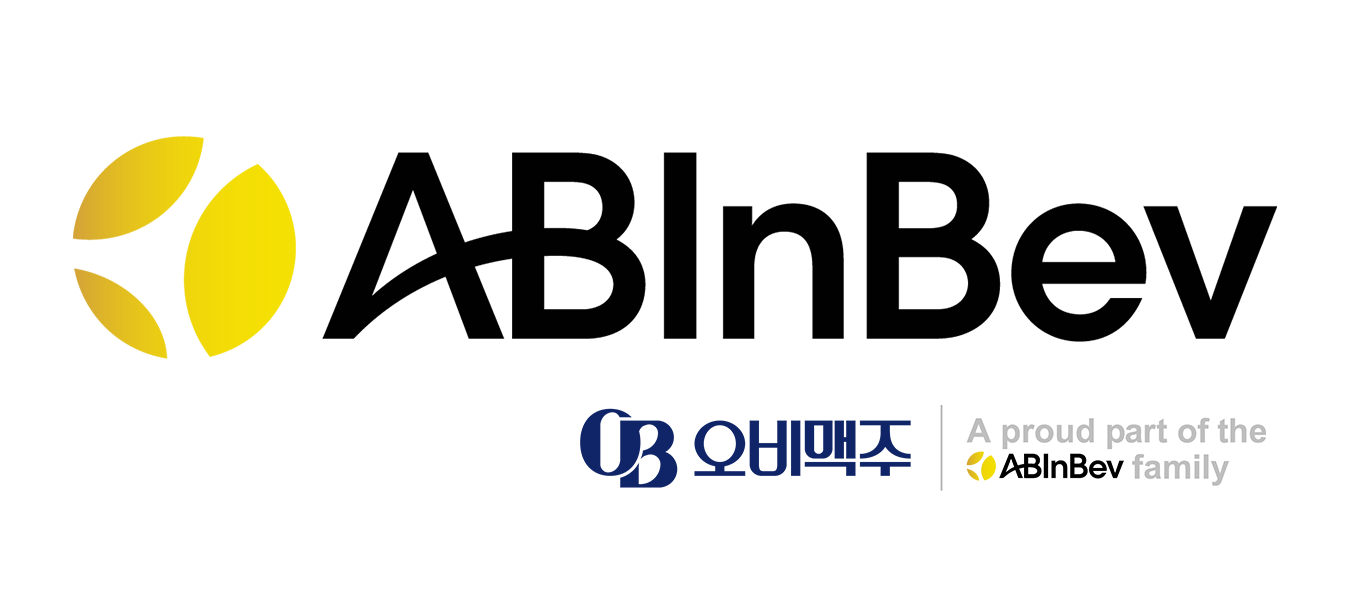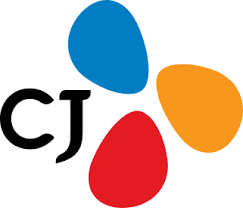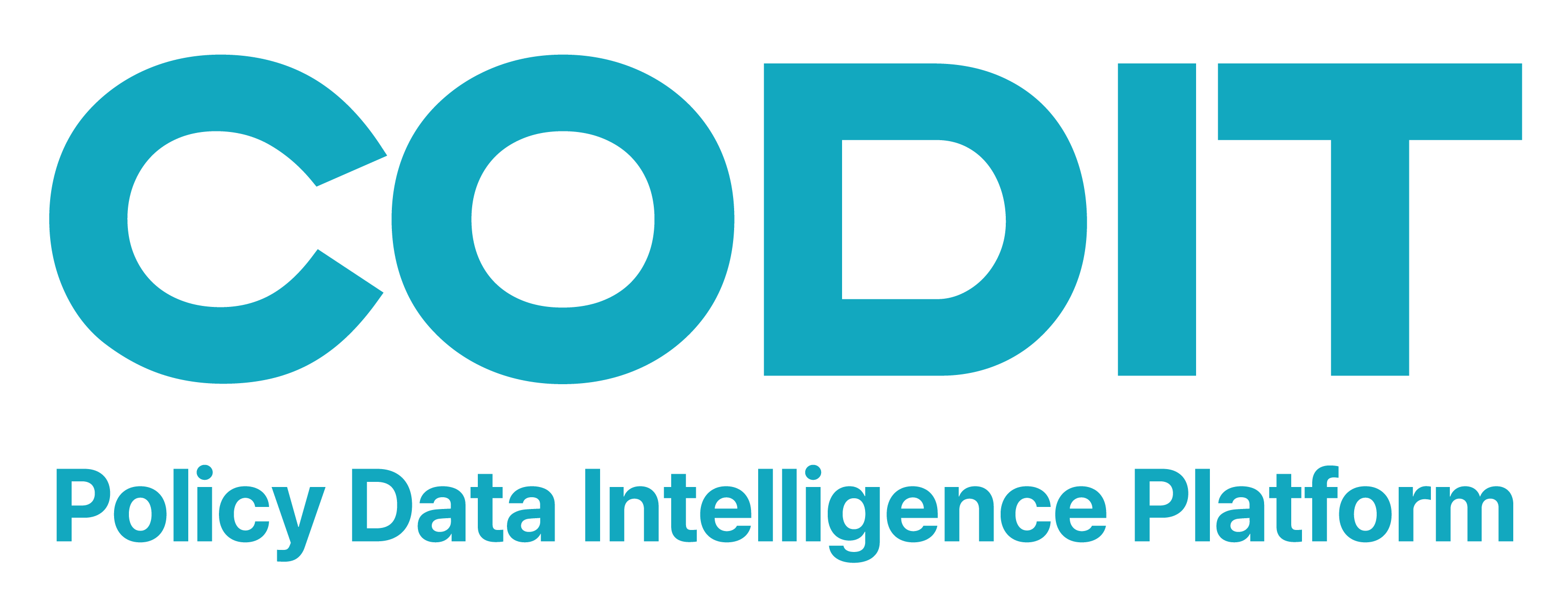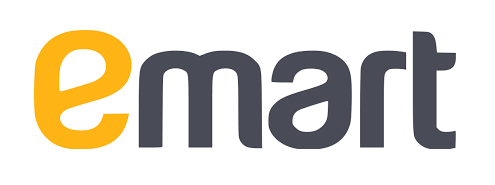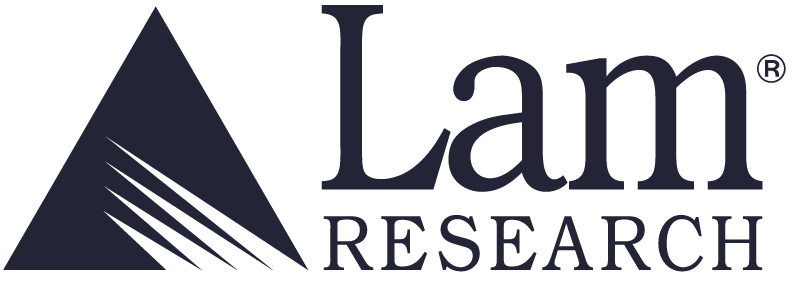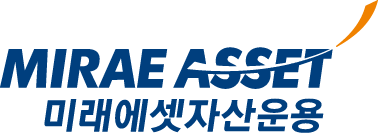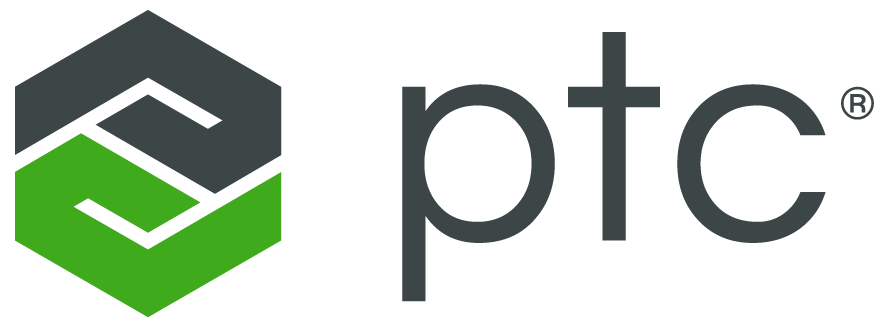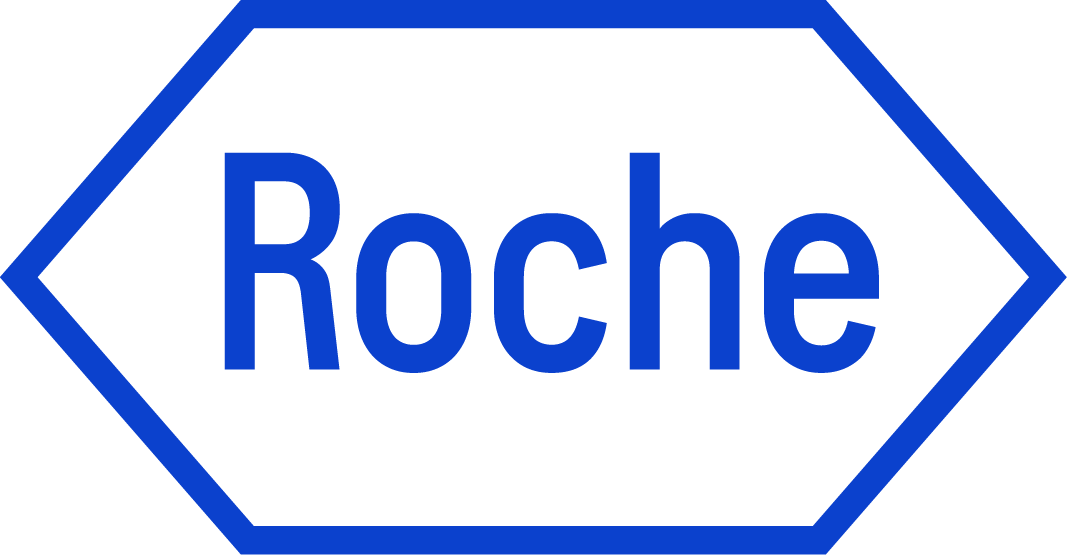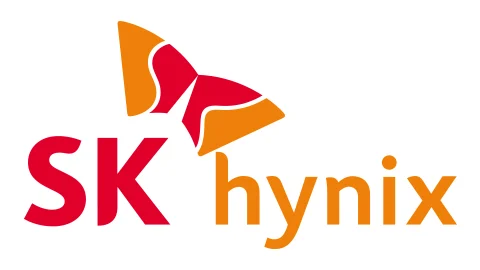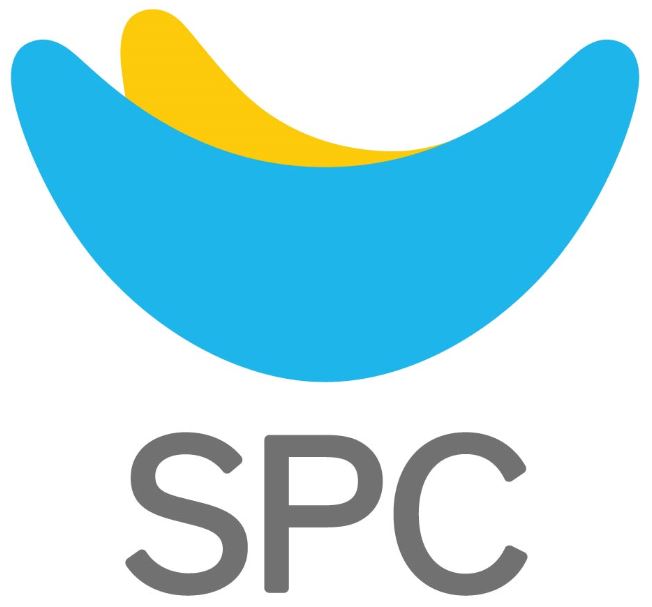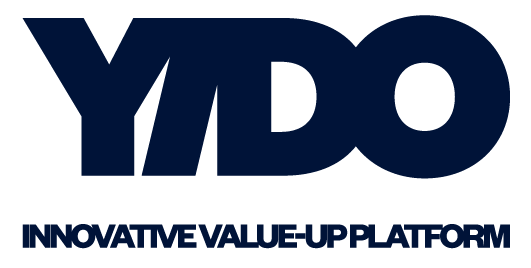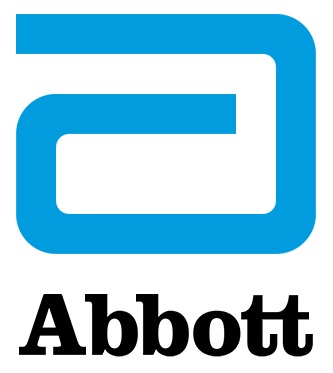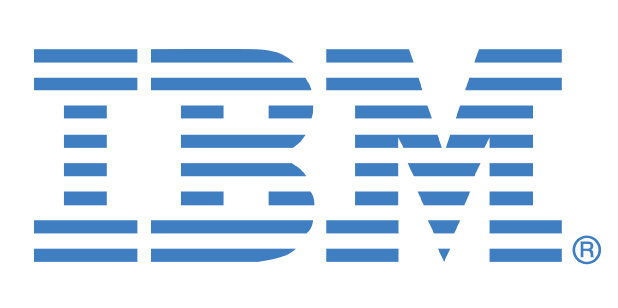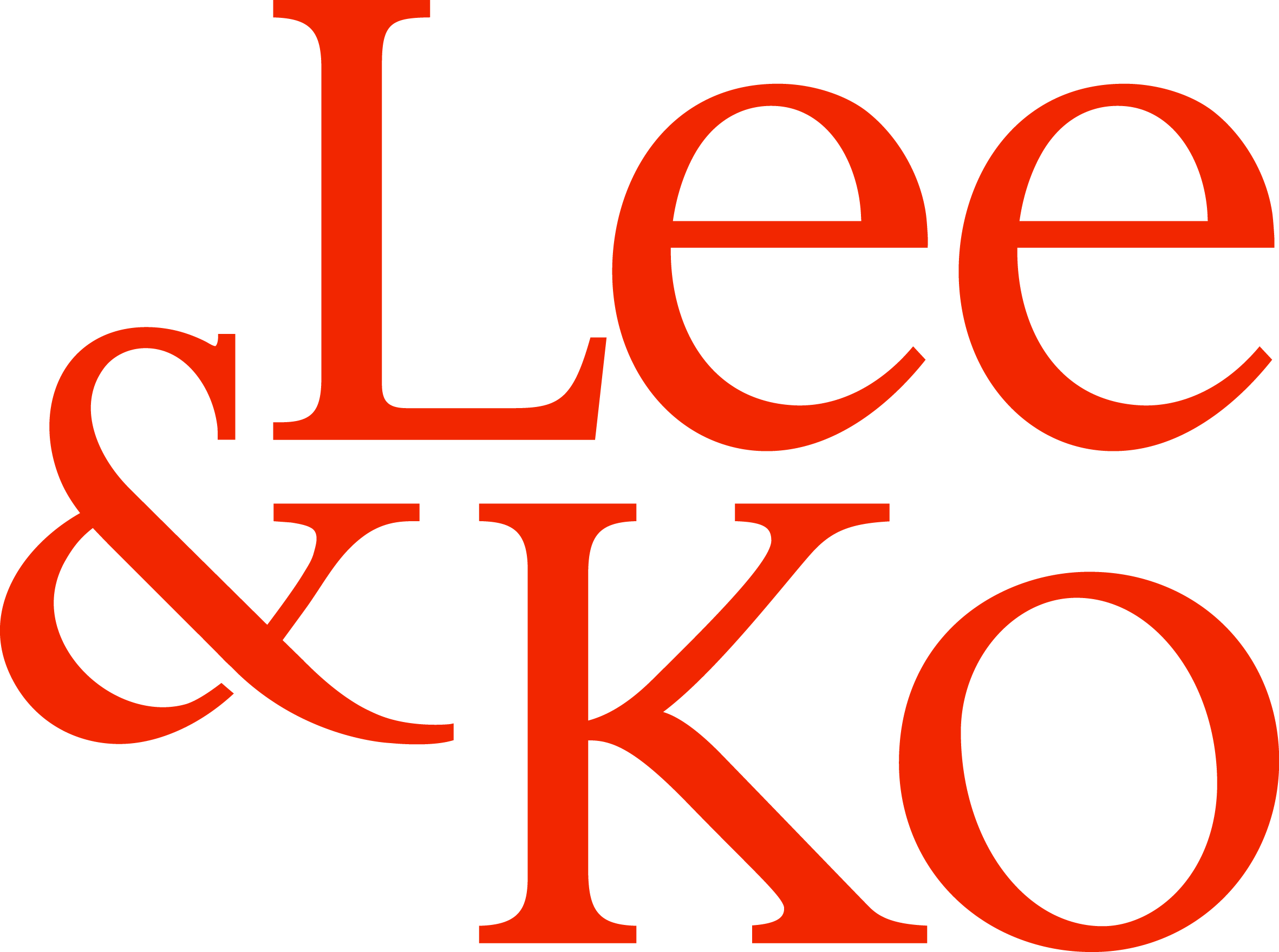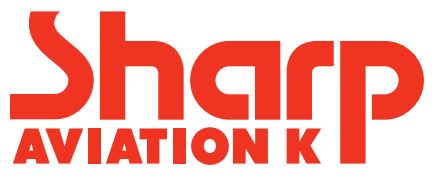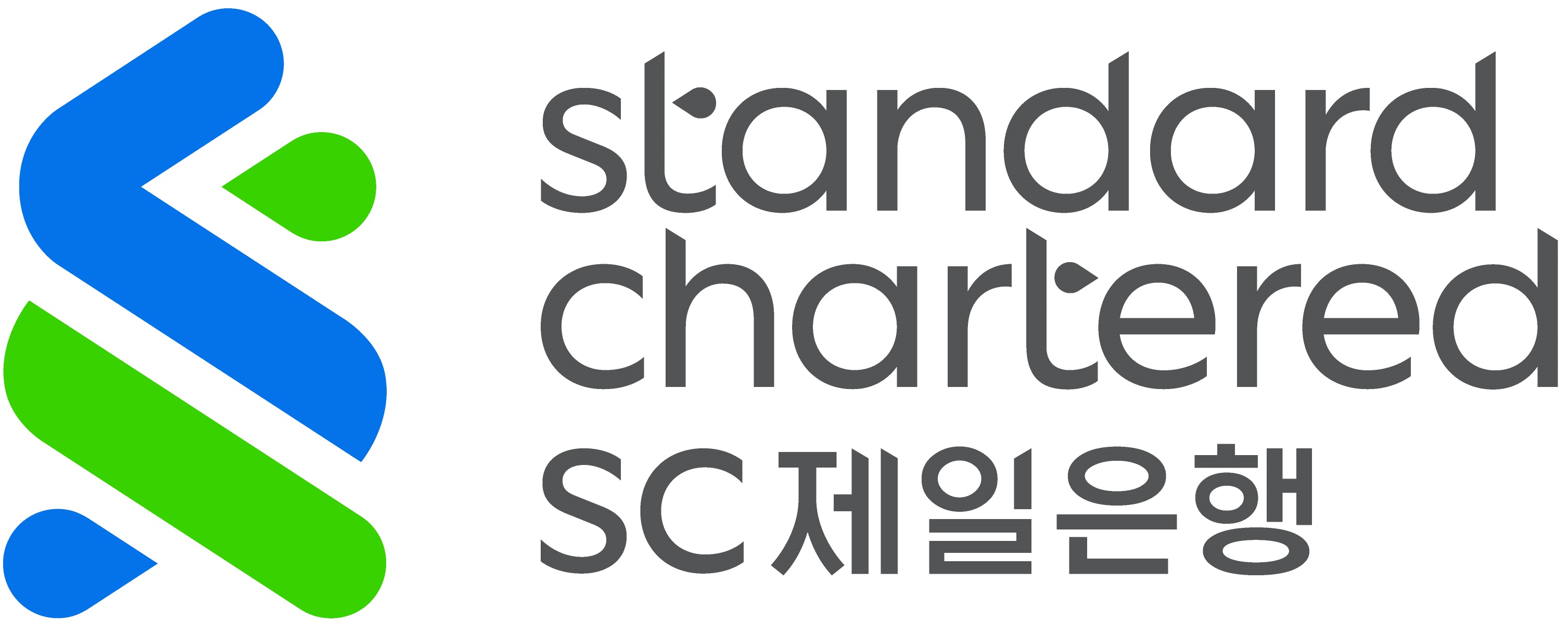SK telecom focuses on practical AI for daily
life, industry
By Kim Kyu-sik
and Minu Kim, Pulse by Maeil Business - SK telecom Co. is steering its
artificial intelligence development toward everyday usability rather than
chasing benchmark records, aiming to build models that people find genuinely
helpful in daily and industrial settings.
Kim Tae-yoon,
vice president overseeing the company’s foundation model program, said in a
recent interview with Maeil Business Newspaper that the goal is for users to
experience the AI’s value firsthand.
“Rather than touting performance through
benchmarks, we want people to actually use our AI and decide for themselves,”
he said. “We are emphasizing practical value.”
SK telecom has
been named one of the five elite teams selected by the Korean government to
develop a homegrown AI foundation model, joining forces with Naver Cloud,
Upstage, NC AI, and the LG AI Research Institute.
“It won’t be easy to match the world’s
top performance in the short term,” Kim acknowledged, “but there are many areas
where a Korean AI can be rated better, particularly in domestic industry and
daily life.”
The SK
telecom-led consortium also includes Krafton, 42dot, Rebellions, LINER,
SelectStar, Seoul National University, and KAIST.
The team plans
to develop “omnimodal” technology capable of processing text, images, speech,
and video in an integrated manner.
Starting in
the second half of this year, SK telecom will launch research into a
next-generation AI architecture dubbed “post-transformer.”
Transformers
form the backbone of most large language models, including GPT and LLaMA, but
face criticism for their heavy computational demands, high power consumption,
and limitations in handling long-context data or combining multiple types of
information. The post-transformer approach seeks to improve computational
efficiency and reduce energy use.
Experts say
such innovation is essential to achieving sovereign AI - models whose
performance, security, and service direction can be fully controlled from the
design stage.
“Proposing a post-transformer
architecture signals our intent to explore research that breaks away from
existing structures,” Kim explained. “With top machine learning faculty from
Seoul National University and KAIST on board, we’ll also pursue groundbreaking
structural changes.”
SK telecom
aims to boost both model performance and service adoption. The company plans to
integrate AI into SK Group’s manufacturing, energy, biotech, and semiconductor
operations, as well as in B2C offerings such as its A. personal assistant,
Krafton’s games, and 42dot’s mobility services.
Potential
applications include automating call centers, assisting with report writing,
and analyzing and monitoring industrial processes—uses that can deliver
immediate benefits in the field.
Source: https://pulse.mk.co.kr/news/english/11390158




